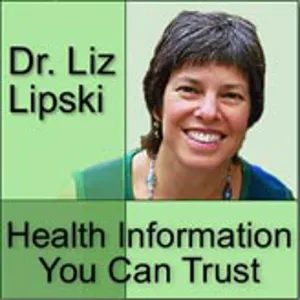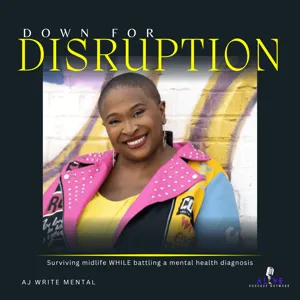After the tragic news of Michael Mosley's passing, we are re-releasing our episode with him, originally released in March 2023:
If you had to do just one thing to improve your health, what would it be?
Our busy lives mean it can be difficult to keep up healthy habits, and with so much conflicting advice out there it’s tricky to separate fact from fiction. In today’s episode, Jonathan is joined by medical doctor, journalist, and presenter Michael Mosley, who is alongside ZOE regular Tim Spector, to discuss Michael’s four key habits to improve our health.
Michael’s latest book ‘Just One Thing’ explores these habits and has seen him speak to singing scientists and eccentric iceman to healthy habit experts and evangelists. And of course, being Michael, he tried every habit out himself. We talk about which methods are the most effective, which he has incorporated into his life, and how he makes his new habits stick.
If you want to uncover the right foods for your body, head to zoe.com/podcast and get 10% off your membership.
Follow ZOE on Instagram
Timecodes:
00:00 Tim Spector's tribute to Michael
01:01 Introduction
01:55 Quick Fire Questions
05:15 Are cold showers good for you?
06:48 How long do you need to be immersed in cold water for the benefits to work?
8:20 Can cold showers improve mental wellbeing?
11:30 Potential dangers of cold water swimming
12:45 Do cultural differences present different outcomes across the world?
13:58 Can these small stressors help us?
14:27 What is the theory behind this working?
16:15 Will this work for everyone or is this very personalized?
18:30 What effects does breathing have on your health?
19:55 How breathing exercises affect our brain
22:27 How do you keep up the breathing exercises?
23:27 ZOE app breathing exercise
25:40 Is there a difference between breathing through your nose and your mouth?
27:20 How important are plants and nature for our health?
30:25 Can exposure to nature improve things like mental health and even gut health?
32:00 Can herbs also help improve our health?
32:47 What are the benefits of exercise?
33:30 What are endo-cannibinoids?
34:41 Are preferences for exercise genetic?
36:12 Is it endorphins that make us feel good after / during exercise?
37:31 How exercise affects us is extremely personalized
39:42 How do we encourage people who don't enjoy exercise to do it?
41:13 Tips to improve your exercise routines
44:08 Are there benefits to walking downhill?
46:42 Summary
Michael Mosley’s book 'Just One Thing' is available to buy here
Episode transcripts are available here







